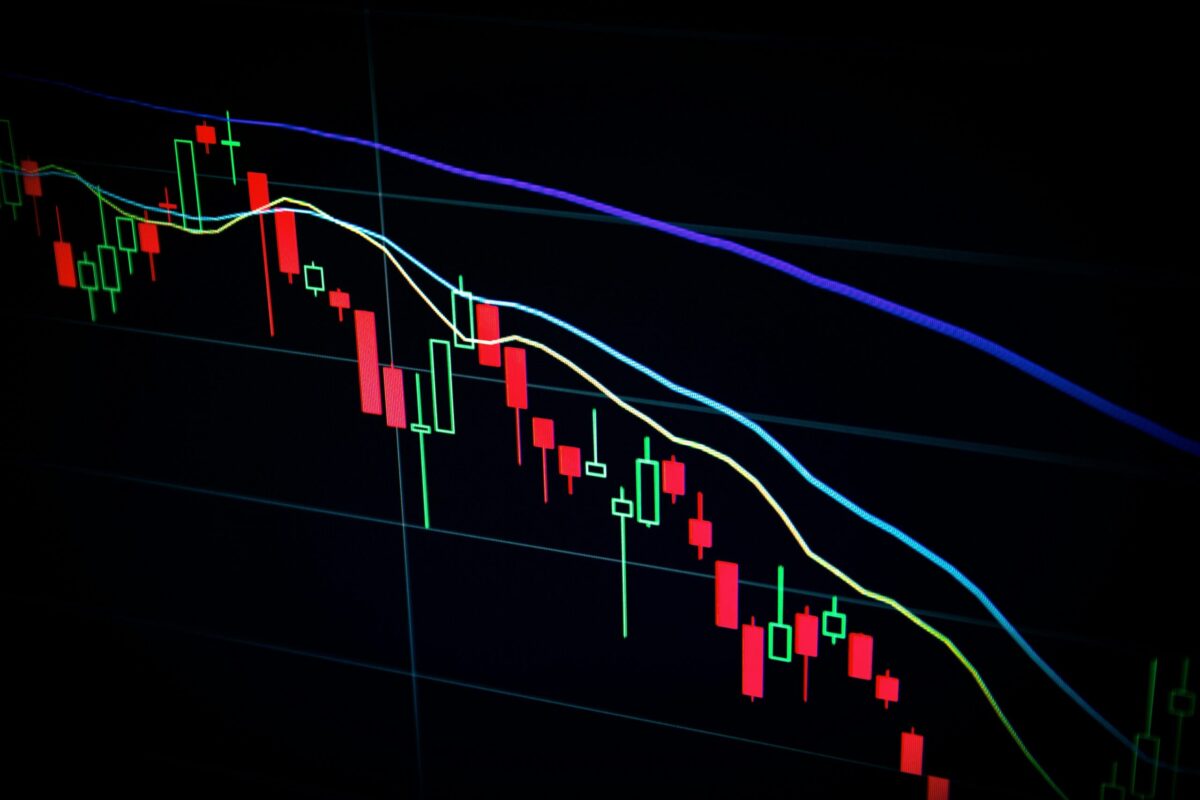Sam Bankman-Fried, founder of the defunct FTX crypto exchange, has responded to allegations from the Department of Justice and said he never intended to intimidate witnesses.
The DoJ argued that Bankman-Fried should not be granted bail and be jailed instead. This followed the crypto exchange founder sharing diaries written by Caroline Ellison, former Alameda Research CEO, with The New York Times.
Judge Lewis Kaplan recently asked lawyers to submit arguments on whether the disgraced crypto founder should be jailed.
No bail conditions could stop Bankman-Fried from influencing his upcoming trial, according to the DoJ.
However, Bankman-Fried’s attourneys denied this in a letter on 1 August, saying there was insufficient evidence to prove these allegations.
Following his arrest in December 2022, Bankman-Fried is currently being confined to his parent’s home in California after the $250m bond was paid for bail. His online communications are limited and monitored by the government.
The DoJ prosecutors filed a written submission on 29 July in an effort to revoke this bond after Ellison’s diaries were shared.
In March, Bankman-Fried pleaded not guilty to stealing billions of dollars through the FTX cryptocurrency exchange and directing them to his hedge fund Alameda Research.
The DoJ Filing against Sam Bankman-Fried
By sharing Ellison’s diaries, the DoJ said Bankman-Fried attempted “to tamper with witnesses and interfere with the Government’s right to a fair trial”. The department argued this was part of the FTX founder’s pattern of avoiding bail conditions.
“What the defendant may not do, and what he has now done repeatedly, is seek to corruptly influence witnesses and interfere with a fair trial through attempted public harassment and shaming,” the DoJ filing read.
The department said there is no room for doubt that he will continue to prejudice his upcoming trial, set for 2 October, and there is “a serious risk of obstruction in the future”.
Sam Bankman-Fried’s response
Bankman-Fried’s lawyers denied these allegations in a letter on 1 August. They responded saying the interaction with The New York Times was not intended to interfere with the trial or intimidate Ellison.
The FTX founder lawyers said the allegations are based on “evidence that consists of innuendo, speculation, and scant facts”.
“Mr. Bankman-Fried’s contact with the New York Times reporter was not an attempt to intimidate Ms. Ellison or taint the jury pool. It was a proper exercise of his rights to make fair comment on an article already in progress,” his lawyer, Mark Cohen wrote in a letter.
The attorneys said that it was part of his First Amendment rights to speak to reporters when many articles damage his reputation.
Judge Kaplan previously barred the FTX founder from speaking about the case.
Prosecutors have until Thursday to respond to this letter, but it is not known when the bail decision will be made.
NYTs’ feature on Ellison
Ellison was CEO of Bankman-Fried’s hedge fund and previously his girlfriend. But she pleaded guilty to the fraud charges put against her and agreed to cooperate with the US Attorney’s Manhattan office.
After Bankman-Fried shared her private diaries, The New York Times published a deep-dive feature on 20 July. Bankman-Fried’s lawyers said the story portrayed Ellison in a sympathetic light and likely did more damage to the FTX founder’s reputation.
Now Ellison is set to be a key witness as part of the disgraced crypto founder’s trial later this year.
Nishad Singh and Gary Wang are two other notable figures in the case. They were once top FTX executives. Now they have also pleaded guilty and agreed to cooperate with the trial.
With the trial quickly approaching, prosecutors have been asked to produce witness lists and other relevant materials.


